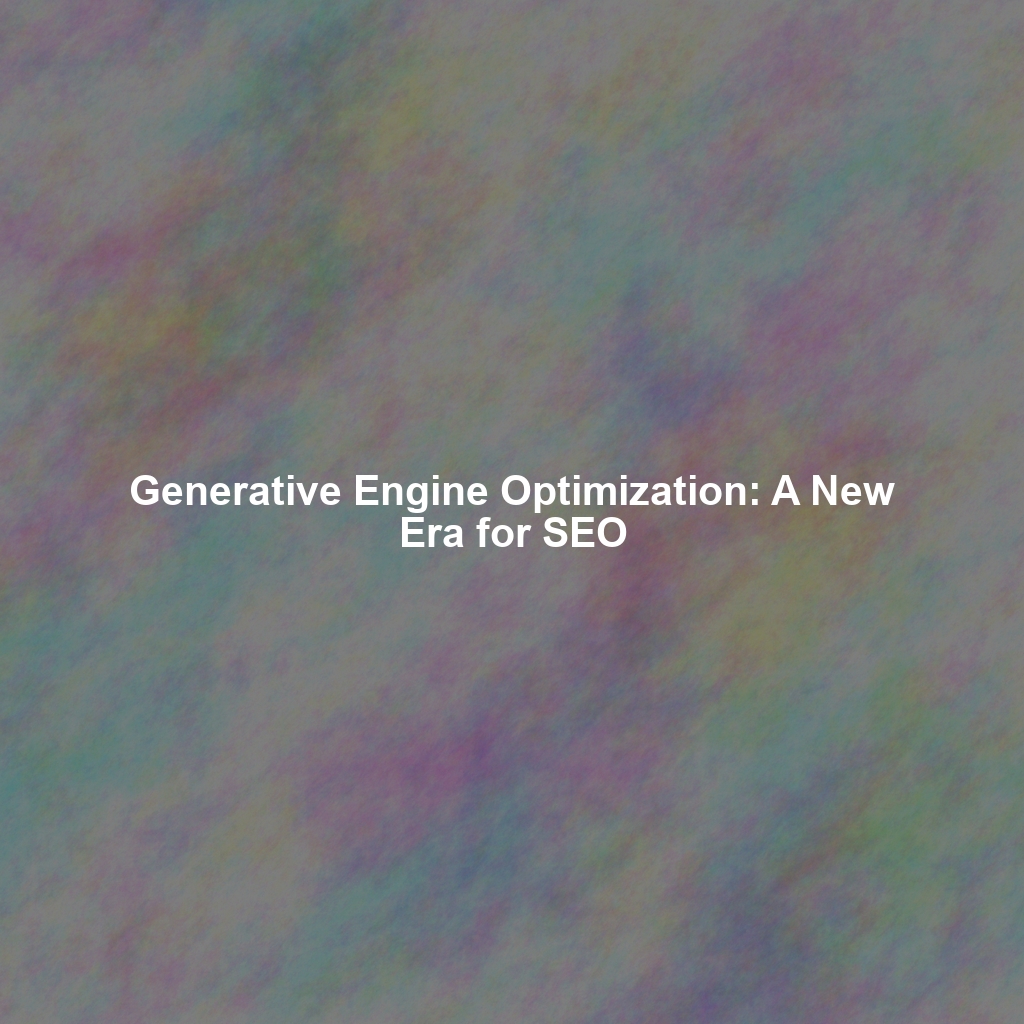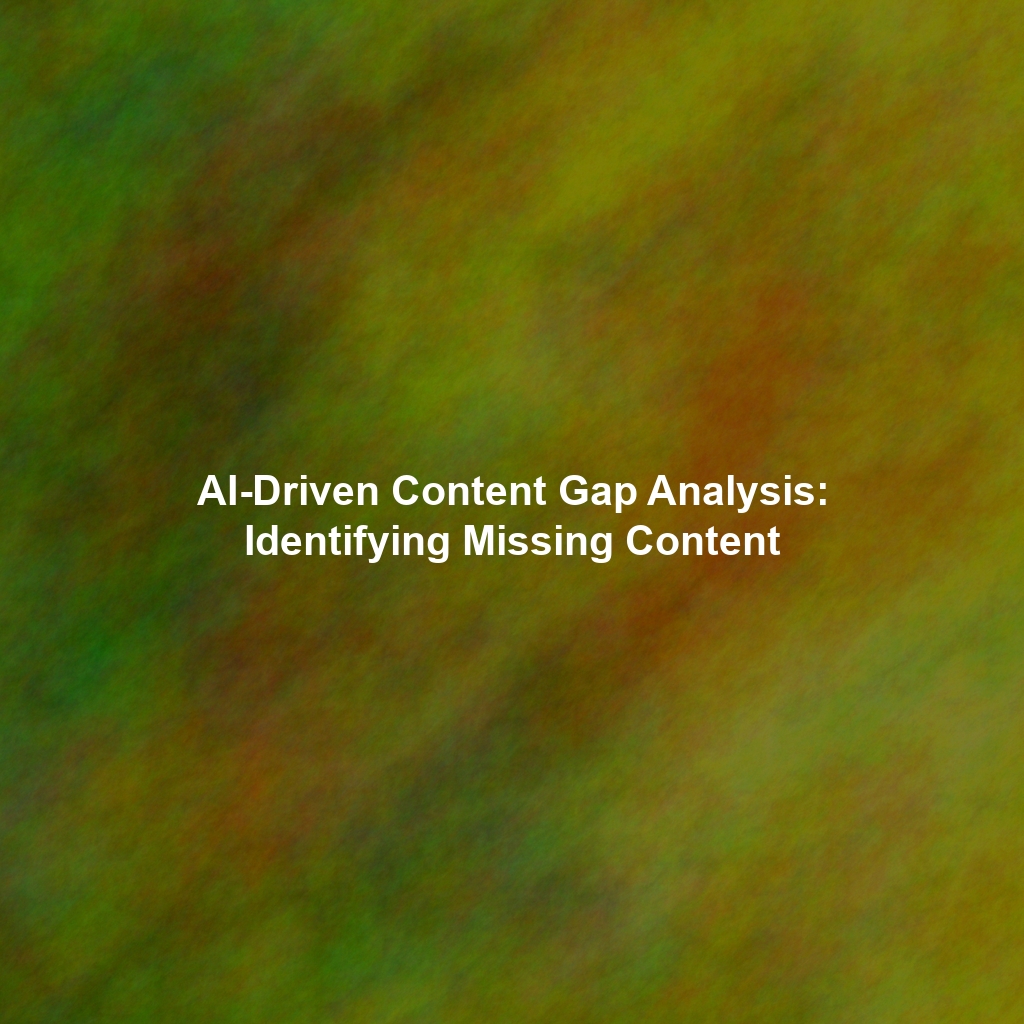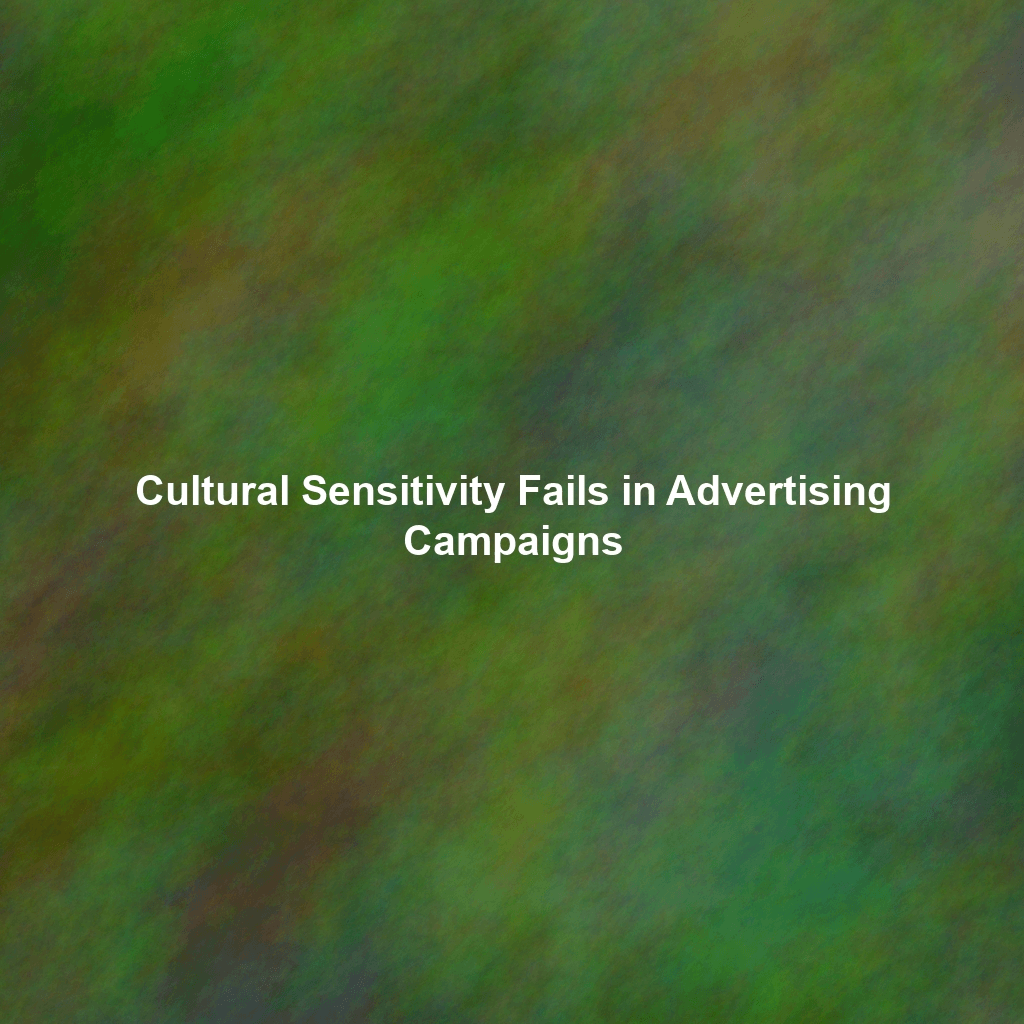The world of Search Engine Optimization (SEO) is undergoing a seismic shift. Fueled by advancements in artificial intelligence (AI) and particularly generative AI, we’re witnessing the dawn of Generative Engine Optimization (GEO). This isn’t just about optimizing for search engines; it’s about optimizing for the very engines that generate content, answer queries, and understand user intent. This shift necessitates a deep understanding of the trends, techniques, and future implications of GEO for SEO professionals, digital marketers, and content creators alike.
Traditional SEO focused primarily on keywords, backlinks, and technical site optimization. While these elements remain important, GEO demands a more nuanced approach, one that embraces content generation, user experience (UX), and the ability of search engines to understand and respond to complex queries. The landscape is evolving, and SEO professionals must adapt to thrive. This comprehensive guide will delve into the core aspects of GEO, providing actionable insights and future-proofing your SEO strategy.
Understanding the Core Trends in Generative Engine Optimization
The adoption of generative AI by search engines is the driving force behind GEO. Several key trends are shaping this evolution.
The Rise of AI-Powered Search Engines
Search engines like Google, Microsoft Bing, and others are integrating generative AI models (like Google’s LaMDA or Microsoft’s GPT models) to deliver more comprehensive and human-like search results. Instead of just providing a list of links, these engines are generating summaries, answering questions directly, and even creating content on the fly. This changes the game for content creators and SEO specialists, making it crucial to optimize for these AI-driven features.
The Importance of Semantic Understanding
Generative AI excels at understanding the meaning and context of search queries, not just the keywords. This shift emphasizes the importance of semantic SEO, focusing on the topic’s overall meaning and related concepts. Your content must address user intent comprehensively, providing valuable information and answering their questions thoroughly. This requires structured data, topic modeling, and a deep understanding of your target audience’s information needs.
Personalization and User Experience (UX) Focus
Generative AI allows for personalized search results tailored to individual user preferences and past behavior. This trend further underscores the importance of a positive user experience. Websites need to be mobile-friendly, fast-loading, and easy to navigate. Furthermore, the content should be engaging, relevant, and provide a seamless journey for the user. Good UX now directly impacts SEO performance in a more profound way. This is a critical aspect of E-E-A-T.
The Evolution of Content Formats
Generative AI supports diverse content formats, including text, images, videos, and even interactive experiences. SEO strategies must adapt to accommodate these formats, optimizing content for various platforms and devices. This includes creating video scripts that can be optimized for search, image alt text, and leveraging structured data for rich snippets.
Key Techniques for Implementing Generative Engine Optimization
Successfully navigating the GEO landscape requires a strategic implementation of several key techniques.
Content Optimization for AI-Driven Search Results
This involves a multi-faceted approach:
* **Topic Clusters:** Organize content around core topics, creating comprehensive guides that cover all relevant aspects. This helps search engines understand your website’s authority on a specific subject.
* **Question-Based Content:** Answer frequently asked questions (FAQs) related to your topic. This increases the chances of your content appearing in featured snippets and answer boxes.
* **Structured Data Markup:** Implement schema markup to provide search engines with context about your content, such as product details, reviews, and event information. This leads to more appealing search results.
* **Content Freshness:** Regularly update your content to ensure it remains relevant and up-to-date. Generative AI favors fresh, accurate information. (See Google’s documentation on content freshness)
Leveraging AI for Content Creation and Optimization
AI-powered tools can assist in several areas:
* **Keyword Research:** Use AI tools to identify relevant keywords and semantic phrases, including long-tail keywords that target specific user queries.
* **Content Generation:** Explore AI writing tools to create drafts, outlines, and even entire articles. However, always review and refine the AI-generated content to ensure accuracy, originality, and alignment with your brand voice.
* **Content Optimization:** Employ AI-powered tools to analyze your content for readability, keyword density, and overall effectiveness. These tools can provide suggestions for improvement.
* **Image Generation:** Utilize AI tools to create compelling visuals to accompany your content. Ensure that alt text is accurately used and optimized.
Optimizing for User Intent and Experience
Prioritize user experience above all else. This entails:
* **Understanding Your Audience:** Conduct thorough audience research to understand their needs, pain points, and search behaviors. Create buyer personas to guide your content creation.
* **Mobile-First Design:** Ensure your website is responsive and optimized for mobile devices. Mobile-friendliness is a significant ranking factor.
* **Website Speed:** Optimize your website’s loading speed. Slow-loading websites frustrate users and negatively impact SEO.
* **Clear Navigation:** Design a user-friendly website with intuitive navigation. Make it easy for users to find the information they need.
* **Internal Linking:** Strategically link to related content on your website to improve user engagement and boost SEO..
Building Authority and Trust (E-E-A-T)
Establish yourself as a trustworthy source of information. This involves:
* **Expertise:** Demonstrate your expertise by providing in-depth, well-researched content. Cite credible sources and back up your claims with data.
* **Experience:** Share real-world examples, case studies, and personal insights to showcase your experience.
* **Authoritativeness:** Build authority by earning backlinks from reputable websites. Guest blogging can be an effective strategy. (See Ahrefs guide to backlink building).
* **Trustworthiness:** Build trust by displaying customer testimonials, reviews, and contact information. Ensure your website has a privacy policy and terms of service.
The Future of GEO: Anticipating the Next Evolution
The future of SEO will be inextricably linked to the evolution of generative AI. Several key trends are likely to shape the landscape.
The Rise of Conversational Search
Search will become increasingly conversational. Users will interact with search engines in a natural language, asking complex questions and expecting detailed answers. SEO will need to adapt to this conversational paradigm, focusing on creating content that can answer these types of queries effectively. This includes more conversational content, and even building chatbots to assist users.
Hyper-Personalization and Dynamic Content
Search results will become even more personalized, adapting to individual user preferences and behaviors. Websites will need to deliver dynamic content, tailoring the user experience based on their location, search history, and other factors. This demands sophisticated website personalization strategies. Websites may use tools to tailor content to the user’s location or interests.
The Integration of AI Across the Marketing Funnel
AI will play a more significant role across the entire marketing funnel, from content creation and SEO to lead generation and customer relationship management. SEO professionals will need to broaden their skillsets to encompass these areas. The more you know about the entire funnel, the better you can optimize your content.
The Importance of AI Ethics and Transparency
As AI becomes more prevalent, ethical considerations will become increasingly important. SEO professionals will need to be mindful of issues such as bias, privacy, and transparency. Building trust with users will be crucial. This will include ensuring that AI-generated content is transparently identified and ethically sound. (See the World Economic Forum’s discussion on AI ethics).
Conclusion: Embracing the GEO Revolution
Generative Engine Optimization is not just a trend; it’s the future of SEO. By understanding the core trends, mastering the key techniques, and anticipating the future evolution of AI-powered search, SEO professionals, digital marketers, and content creators can position themselves for success. Embrace the GEO revolution, and stay ahead of the curve to thrive in this exciting new era of search.
The key takeaway is this: Success in GEO will hinge on providing truly valuable, user-focused content that answers real questions and solves real problems. Embrace AI as a tool, but never lose sight of the human element. Prioritize user experience, build authority, and stay informed about the latest advancements in generative AI. The future of SEO is here, and it’s powered by intelligence.
 Skip to content
Skip to content

